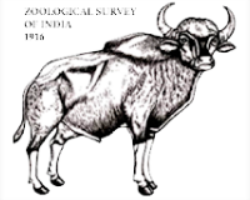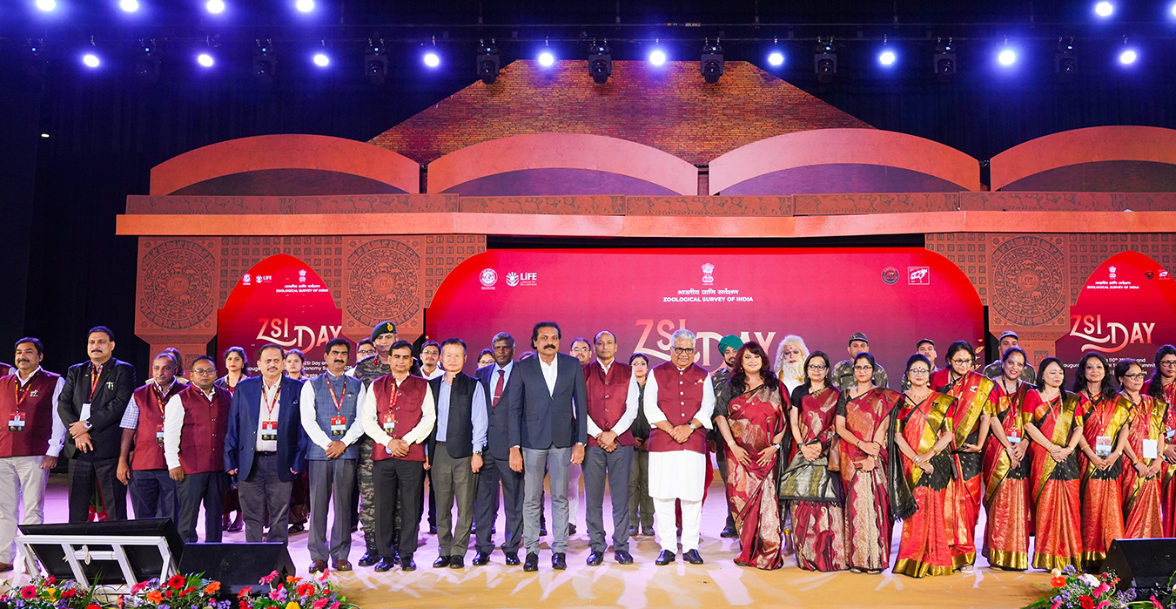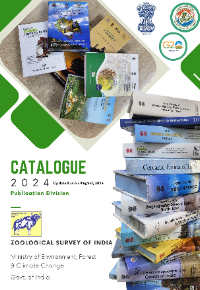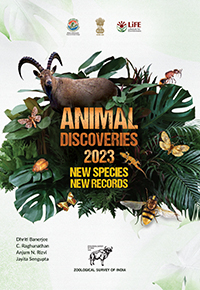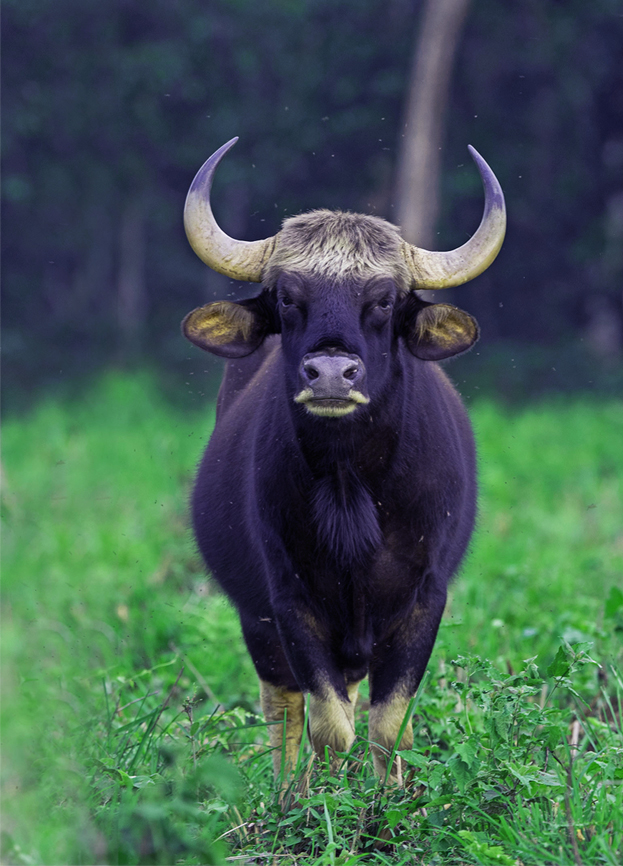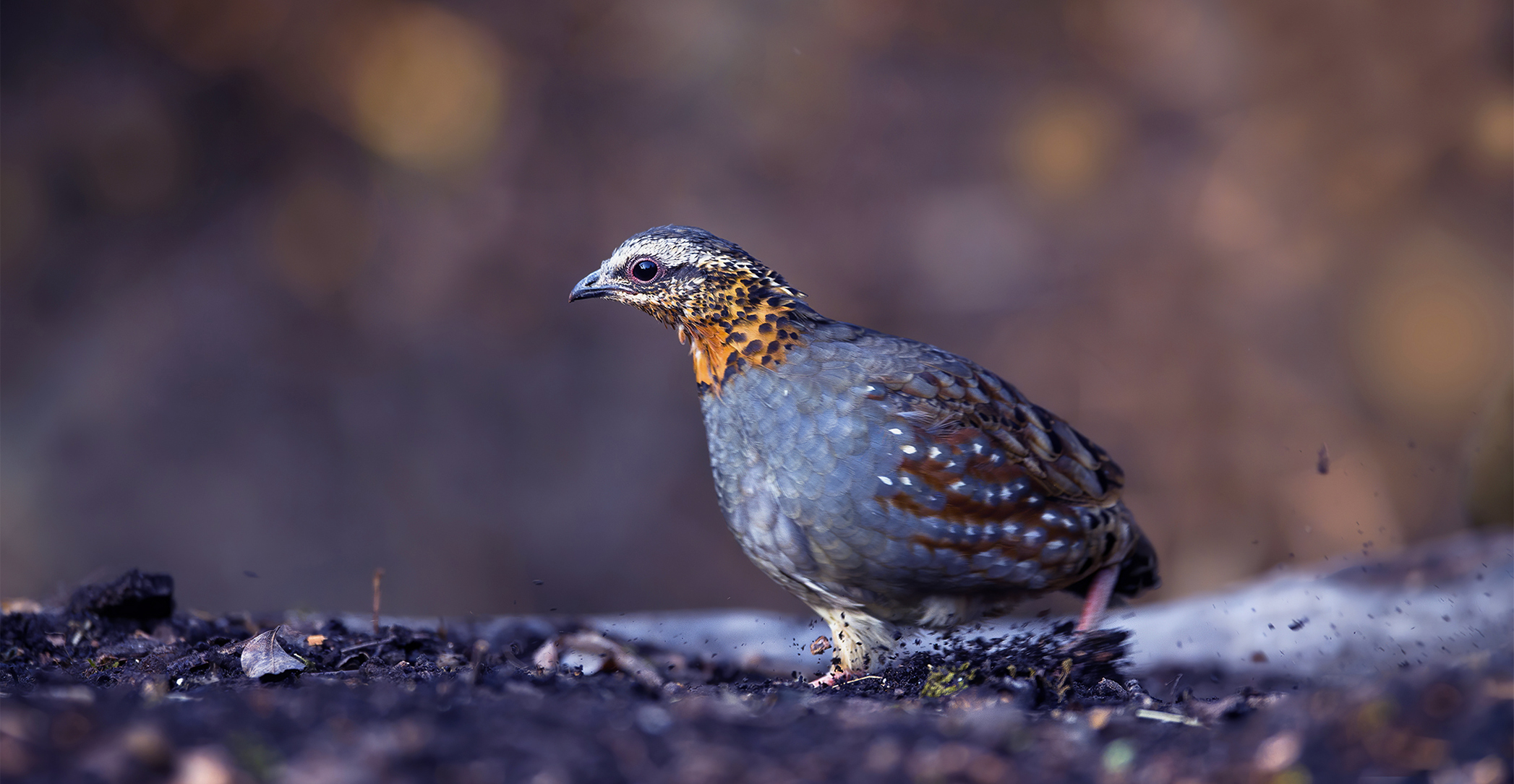Indian Faunal Resources
1. Digital ZSI
3. ZSI Library Repository
4. Fauna of India
 ZSI Video
ZSI Video
Zoological Survey of India
The Zoological Survey of India (ZSI) was established on 1st July, 1916 to promote survey, exploration and research leading to the advancement in our knowledge of various aspects of exceptionally rich life of the erstwhile ‘British Indian Empire’.
The survey has its genesis in the establishment of the Zoological Section of the Indian Museum at Calcutta in 1875. By gradually strengthening its staff and expanding its research program, the Survey has...


Zoological Survey of India
Dhriti Banerjee, entomologist with an expertise in Diptera, has taken over as the 18th director of the 105-year institute on August 6. Headquartered in Kolkata, the ZSI has 16 regional centres and about 300 scientists.
Dr. Banerjee spearheaded the ZSI faunal information system, multi-dimensional platform housing information, collections, spatial and temporal data as well as genetics and molecular information about the faunal species.
The Zoological Survey of India (ZSI) was established on 1st July, 1916 to promote survey, exploration and research leading to the advancement in our knowledge of various aspects of exceptionally rich life of the erstwhile ´ British Indian Empire ´ . The survey has its genesis in the establishment of the Zoological Section of the Indian Museum at Calcutta in 1875. By gradually strengthening its staff and expanding its re
Zoological Survey of India

RESOURCE CENTER
-
Publication Catalogue
2024Please read the following instructions carefully before placing the order to effect prompt service :1. Prices in Rupees are applicable for sale in India only.2. For customers from abroad, Doller or Pound Sterling prices are applicable Read More
-
-
Animal Discoveries 2023
New Species and New RecordsBiodiversity is the variety of life on earth. Human beings from their primeval hunter-gatherer days on earth had realised the importance of biodiversity for their subsistence. Our forefathers had advised ways and means to protect biodiversity for posterity. Close scrutiny of our ancient texts reveals the reflections of this traditional knowledge on biodiversity conservation. Read More
-








